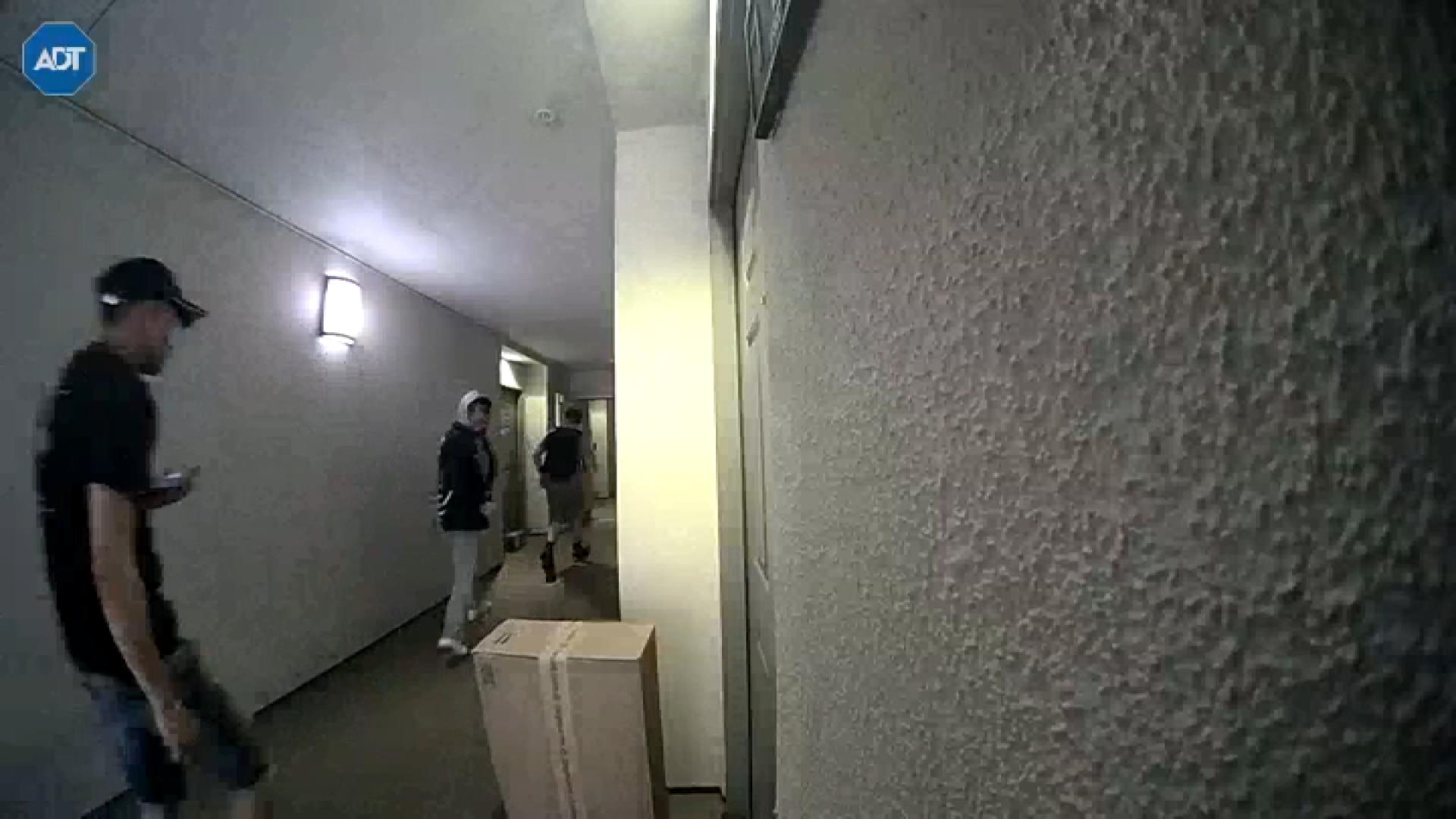Los Angeles Police Department command staff are taking unprecedented steps to bolster confidence in an officer discipline system largely unknown outside the department until it was assailed in the Christopher Dorner manifesto, department officials have acknowledged.
The steps include a pledge to review additional officer dismissals and an outreach to correct "misinformation" about how the Board of Rights appeal process works.
Dorner was dismissed on grounds of having made a false accusation of excessive use of force against another officer.
He accused the department of bias and said his Board of Rights panel was unfair.
Dorner cited that as rationale for the vengence he sought against members of law enforcement and their families.
Authorities believe Dorner was the killer of four people during a 10-day period earlier this month.
The manhunt ended with Dorner's death during a final confrontation with law enforcement on February 12.
Local
Get Los Angeles's latest local news on crime, entertainment, weather, schools, COVID, cost of living and more. Here's your go-to source for today's LA news.
Last week, LAPD Chief Charlie Beck announced that attorney Gerald Chaleff, the department's special assistant for constitutional policing, would review Dorner's disciplinary proceedings and report to the police commission.
Beck said on Tuesday he would agree to review six more dismissals after the Los Angeles Police Protective League, the union that represents the LAPD's rank-and-file officers, said the former officers questioned the fairness of the proceedings.
"I'm always happy to see people looking at what we're doing, because I know that what we're doing is right," said LAPD Deputy Chief Mark Perez, the commanding officer of the department's Professional Standards Bureau, which oversees internal affairs and the disciplinary processes.
Department officials arranged for Perez to meet with reporters Wednesday to explain the disciplinary process and answer questions. Until recent years, Board of Rights hearings were open, but have been closed to public view since a 2006 court case dealing with personnel privacy rights.
LAPD internal affairs dates back to mid-century efforts to combat institutional corruption within the department, as well as City Hall.
Perez likened a Board of Rights hearing to a court-martial.
The deparment is represented by an advocate, and the accused officer is entitled to have a defender.
Witnesses may be called and evidence introduced.
The decision is made by a three member panel with membership chosen anew for each case, but always consisting of one civilian and two LAPD officials holding the rank of captain or higher.
The decision is then sent to the chief for final action, the chief having the authority to lessen the recommended punishment.
The hearings are conducted in rooms the city leases in downtown's landmark Bradbury Building.
During 2012, 49 cases resulted in 33 dismissals, and 12 suspensions or demotions, Perez said.
Discipline may be challenged in court, but rarely is overturned, according to attorneys who handle such cases.
Dorner was denied at both the Superior Court and Appellate Court level.
In 2010 a dismissed Central Division motor officer won reinstatement and a $2 million judgment, but the damage award was removed on the city's appeal.
Dorner's case arose within a month of his return to the department after a year-long call-up to active duty in the United States Navy, serving in the Middle East.
The call up came shortly after his police academy graduation, so Dorner still had fewer than 100 days experience and was still considered a probationary employee.
Records indicate Dorner acknowledged difficulty readjusting, and had requested re-integration training.
After a call to deal with an unruly man at a San Pedro hotel in July of 2007, Dorner went to a supervisor with the allegation that his training officer had committed a use of force -- kicking the suspect in the face -- but omitted the fact from the incident report.
The internal affairs investigation failed to substantiate the kick.
Instead, the department accused Dorner of making the story up.
The Board of Rights dismissal finding was adopted and carried out by then-Chief William Bratton.
Police Commissioner Richard Drooyan and others have raised concerns that whistleblowers may be discouraged from coming forward at the risk of being disciplined if their complaint cannot be proven to the satisfaction of internal affairs.
"I hope not," said Joe Buscaino, a 15-year LAPD veteran who now serves on the city council, representing San Pedro.
"I don't think you can let whistleblowers lie and abuse the system," said Bernard Parks, a former LAPD chief who serves on the city council representing South LA's Eighth District. "But the evidence has to stack up in that regard."
Parks noted that the Superior Court judge who reviewed the Dorner case, David Jaffe, said the written record made it difficult to determine whether or not the kick had occurred.
"If it's merely a 'he said, she said,' it's difficult to terminate on that kind of evidence," Parks said.
In years past, the Police Protective League has advocated an arbitration system for handling officer discipline. The League has not addressed the issue since the Dorner matter.
Parks believes the crucial elements are independence of the board combined with the chief ultimately being responsible for the final decision.
"You want to hold the chief accountable," Parks said.



